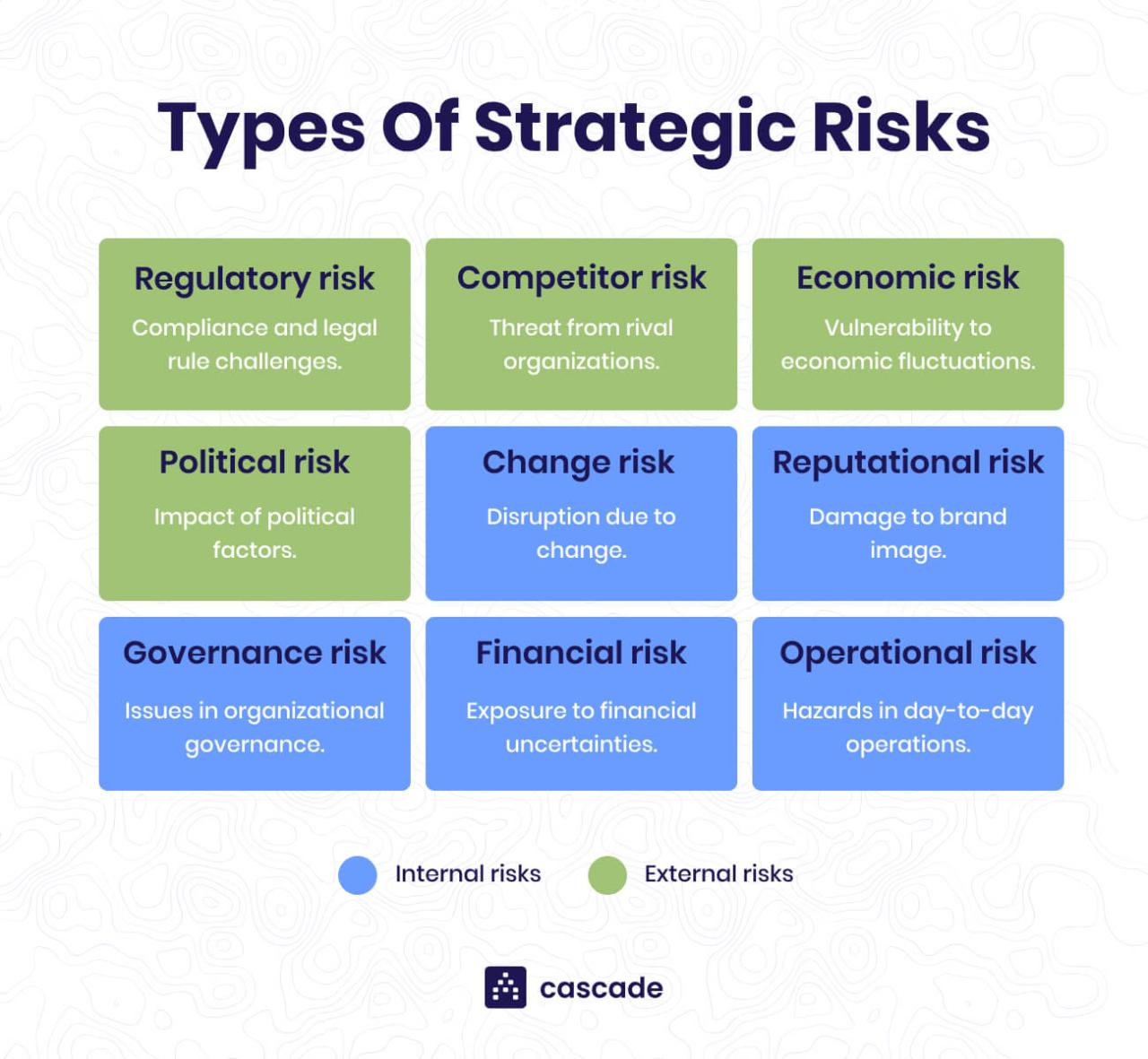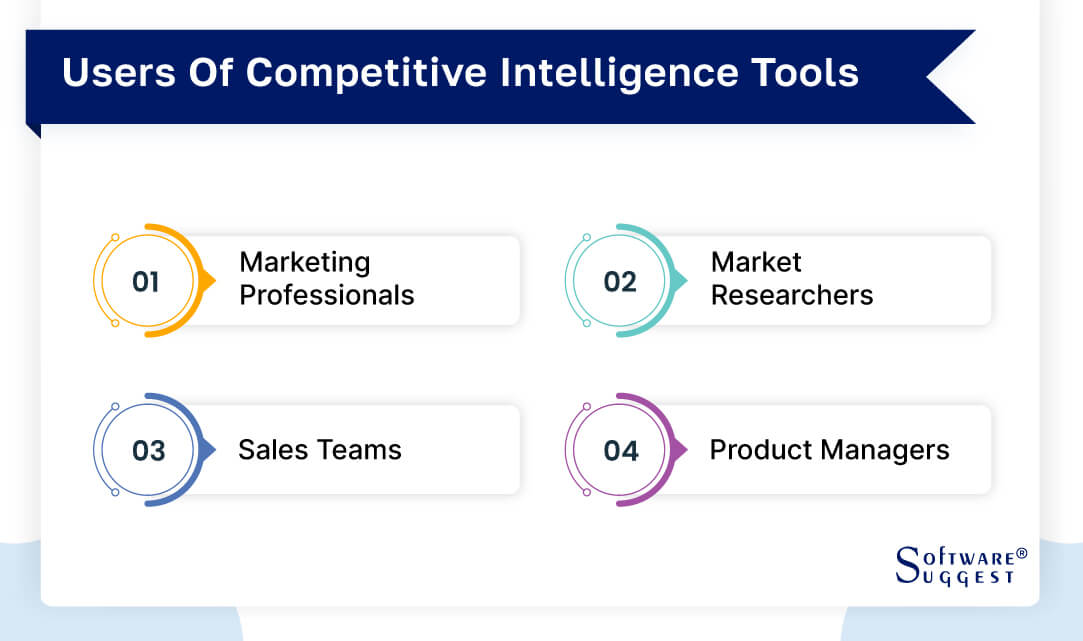Effective Crisis Management Strategies
Effective crisis management strategies are crucial for the survival of any business or organization. In today’s unpredictable world, being prepared and equipped to handle crises is not just a choice but a necessity. Let’s explore the essential elements that make up these strategies and how they can make a significant difference in times of turmoil.
As we delve into the realm of crisis management, we uncover the secrets to staying resilient and proactive in the face of adversity. From communication to leadership, preparation to implementation, every step plays a crucial role in navigating through turbulent times with grace and efficiency.
Understanding Crisis Management
During the course of running a business or organization, unexpected events or situations can arise that threaten its operations, reputation, or even its existence. Crisis management is the process of preparing for, responding to, and recovering from these crises in order to minimize damage and maintain stability.
Having effective crisis management strategies in place is crucial for the survival and success of any business or organization. It helps in maintaining the trust of stakeholders, preserving the brand reputation, and ensuring continuity of operations even in the face of adversity.
Common Types of Crises
- Natural Disasters: Events such as earthquakes, hurricanes, floods, or wildfires can have devastating effects on businesses and communities.
- Financial Crisis: Economic downturns, market crashes, or bankruptcy can pose significant challenges to organizations.
- Reputational Crisis: Negative publicity, scandals, or social media backlash can tarnish the image of a business or organization.
- Cybersecurity Breaches: Data breaches, hacking incidents, or cyber attacks can compromise sensitive information and disrupt operations.
Key Elements of Effective Crisis Management
Effective crisis management relies on several key elements that are crucial for successfully navigating challenging situations. These elements include communication, leadership, and preparation and planning.
Role of Communication in Crisis Management
Effective communication is essential during a crisis as it helps in providing accurate information, maintaining transparency, and managing stakeholders’ expectations. It is important to establish clear channels of communication both internally and externally to ensure that information is disseminated promptly and accurately.
- Establishing a crisis communication team to handle all communication efforts.
- Providing regular updates to employees, customers, and the public to keep them informed.
- Being transparent about the situation and any actions being taken to address it.
- Utilizing various communication channels such as press releases, social media, and direct messaging.
Importance of Leadership During a Crisis
Strong leadership is crucial during a crisis as it sets the tone for how the organization will respond and recover from the situation. Leaders need to remain calm, decisive, and empathetic while guiding the team through the challenges.
- Leading by example and demonstrating resilience in the face of adversity.
- Making tough decisions quickly and effectively to mitigate the impact of the crisis.
- Communicating clearly and consistently to provide guidance and reassurance to the team.
- Empowering employees to take ownership of their roles in managing the crisis.
Significance of Preparation and Planning for Crisis Situations
Preparation and planning are fundamental to effective crisis management as they enable organizations to anticipate potential risks, develop response strategies, and mitigate the impact of emergencies when they occur. By investing in preparedness, organizations can minimize the damage caused by crises and recover more swiftly.
- Conducting risk assessments to identify potential threats and vulnerabilities.
- Developing a comprehensive crisis management plan that Artikels roles, responsibilities, and protocols.
- Conducting regular training and simulations to ensure that employees are prepared to respond effectively in a crisis.
- Establishing partnerships with relevant stakeholders and authorities to facilitate coordinated responses.
Developing a Crisis Management Plan
In order to effectively manage a crisis, organizations must have a well-thought-out crisis management plan in place. This plan serves as a roadmap for how the organization will respond to various types of crises and helps ensure a coordinated and timely response.
Identifying Potential Risks and Vulnerabilities
It is crucial for organizations to first identify and assess potential risks and vulnerabilities that could lead to a crisis. This involves conducting a thorough risk assessment to understand the various threats that the organization may face. By identifying these risks, organizations can better prepare for potential crises and develop strategies to mitigate them.
- Conduct a comprehensive risk assessment to identify potential threats to the organization.
- Consider both internal and external factors that could impact the organization’s operations.
- Engage with key stakeholders to gather insights and perspectives on potential risks.
By proactively identifying risks and vulnerabilities, organizations can develop targeted strategies to address these challenges before they escalate into full-blown crises.
Conducting Regular Drills and Exercises
Once a crisis management plan has been developed, it is essential for organizations to regularly test and refine the plan through drills and exercises. This helps ensure that all key stakeholders are familiar with their roles and responsibilities during a crisis and allows the organization to identify any gaps or weaknesses in the plan.
- Organize regular crisis simulation exercises to test the effectiveness of the crisis management plan.
- Involve key personnel from across the organization in these exercises to ensure a coordinated response.
- Evaluate the results of the drills and exercises to identify areas for improvement and update the crisis management plan accordingly.
Regular drills and exercises are essential for ensuring that the crisis management plan is up-to-date and that all staff are prepared to respond effectively in the event of a crisis.
Implementing Crisis Management Strategies: Effective Crisis Management Strategies

In order to effectively implement crisis management strategies, organizations need to establish a crisis management team, assign roles and responsibilities, leverage technology and tools, and learn from successful examples in the field.
Establishing a Crisis Management Team and Assigning Roles and Responsibilities
Creating a crisis management team is crucial for handling emergencies effectively. This team should consist of key stakeholders from various departments within the organization, including top management, communications, legal, operations, and human resources. Each member should have clearly defined roles and responsibilities to ensure a coordinated response to crises.
Using Technology and Tools in Crisis Management
Technology plays a vital role in crisis management by enabling real-time communication, monitoring social media for potential threats, and facilitating data analysis to make informed decisions. Tools such as crisis communication platforms, social listening software, and incident management systems are essential for managing crises efficiently.
Examples of Successful Crisis Management Strategies, Effective crisis management strategies
- Johnson & Johnson’s handling of the Tylenol poisoning crisis in 1982, where they recalled and rebranded the product, setting a standard for crisis response.
- Starbucks’ response to racial bias incidents by closing stores for anti-bias training, demonstrating a commitment to addressing social issues transparently.
- Airbnb’s proactive measures during the COVID-19 pandemic, offering refunds and support to hosts and guests, showcasing empathy and adaptability in a crisis.
Clarifying Questions
How can effective crisis management strategies benefit an organization?
Effective crisis management strategies can help an organization minimize damage, maintain reputation, and ensure continuity of operations during difficult times.
What role does communication play in crisis management?
Communication is key in crisis management as it helps in conveying accurate information, maintaining transparency, and managing stakeholder expectations effectively.
Why is leadership important during a crisis?
Strong leadership during a crisis inspires confidence, provides direction, and fosters unity among team members, enabling a more coordinated response to the situation.







